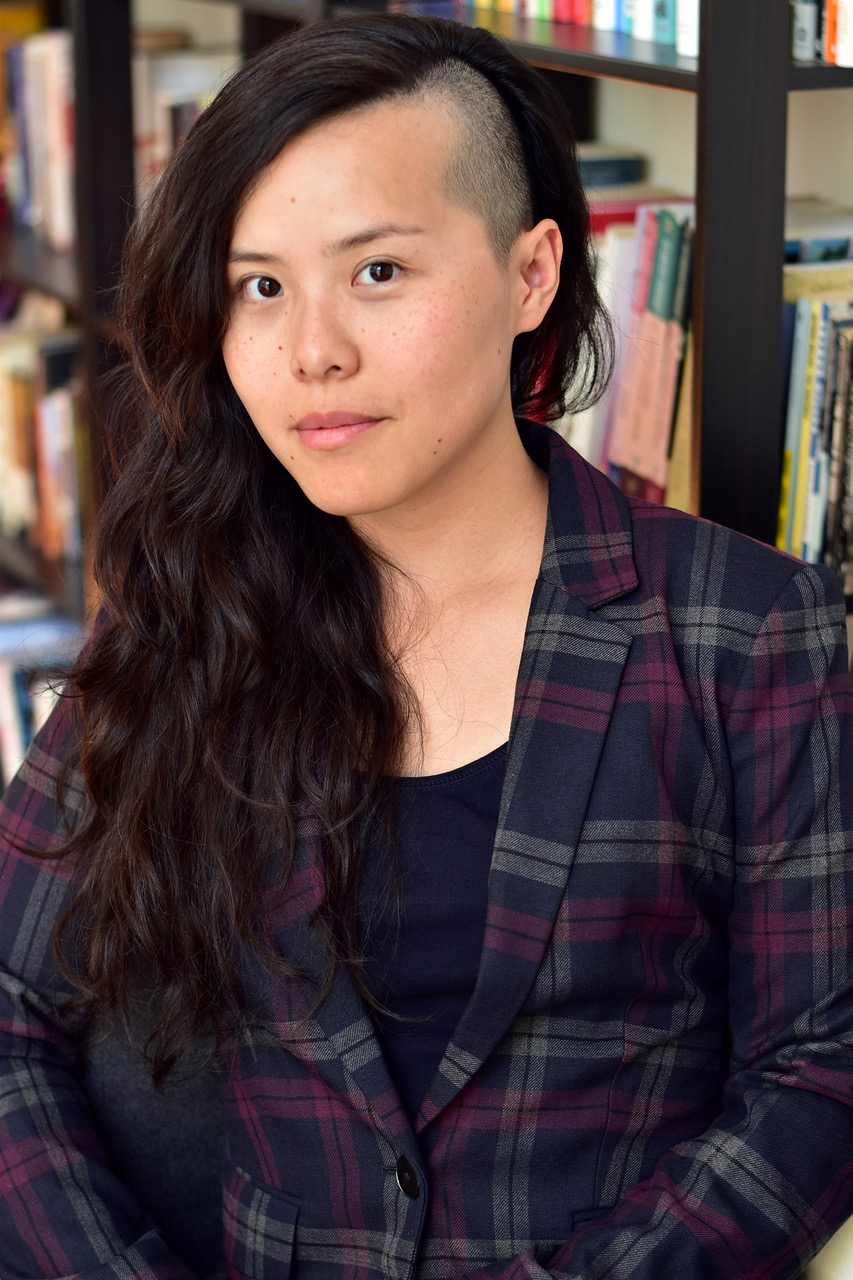 |
| (photo: L. D'Alessandro) |
Kim Fu's first novel, For Today I Am a Boy, won the Edmund White Award for Debut Fiction, was a finalist for the PEN/Hemingway Award, and was a New York Times Book Review Editor's Choice. Her second novel, The Lost Girls of Camp Forevermore, was a finalist for the Washington State Book Awards. Fu's writing has appeared in Granta, the Atlantic, the New York Times, Hazlitt and the TLS. Her newest work of fiction is Lesser Known Monsters of the 21st Century (Tin House, February 1, 2022), a collection of poignant, erotic and darkly comic stories. She lives in Seattle, Wash.
On your nightstand now:
I'm the middle of Walk the Vanished Earth by Erin Swan, which comes out later this year--a gorgeous, gripping, innovative family epic that leaps between the Kansas plains in 1873 and Mars in 2073, and a world-ending flood in between. I have a TBR shelf in my living room, but it's become so overstuffed that my nightstand has become my "no, really, I mean it" TBR shelf, itself still a towering stack. It contains a lot of recent poetry (All the Flowers Kneeling by Paul Tran, The Shadow List by Jen Sookfong Lee, What Hurts Going Down by Nancy Lee), Best American Essays 2020, Bitter Orange by Claire Fuller (lent by a friend who swears by its loveliness) and a couple books by friends I'm eager to read: Misfire by Tim Mak, an investigation into the corruption and ongoing downfall of the NRA, and Notes on an Execution by Danya Kukafka, a novel that deconstructs the psyche of a man on death row, told primarily through three women whose lives intersected with his.
Favorite book when you were a child:
James and the Giant Peach by Roald Dahl. James's world was strange, cruel and baffling, as I often felt the world to be--a rhinoceros eats his parents--but I still remember the description of the peach juices dripping from the tunnel walls onto his tongue, the thrill of the peach breaking free from its branch and rolling into the sea.
Your top five authors:
My answer to this question is constantly changing! As of this moment, Karen Russell, Elizabeth McCracken, Ted Chiang, Louise Erdrich and Kevin Brockmeier.
Book you've faked reading:
I can't recall ever doing this explicitly, but a copy of The Complete Stories of Franz Kafka drifted around my house for a few years, and anyone who came over would have reasonably assumed I was reading it, and not just moving it between reading locations. (I still haven't read it.)
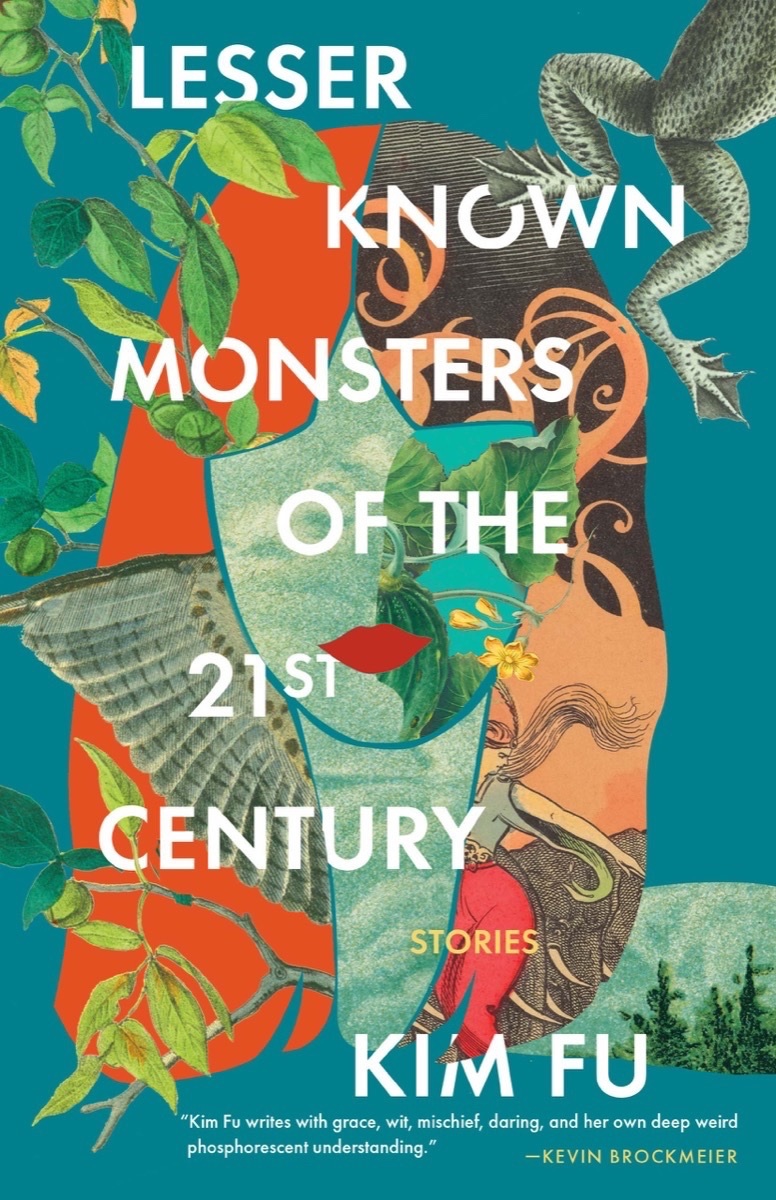 Books you're an evangelist for:
Books you're an evangelist for:
Convenience Store Woman by Sayaka Murata, The Vegetarian by Han Kang, In the House Upon the Dirt Between the Lake and the Woods by Matt Bell and Red Clocks by Leni Zumas. All powerfully strange books, books that resist simple explanation, books you read with your gut, books that upended my sense of how fiction is supposed to work.
Books you've bought for the cover:
Before the franchise became a global phenomenon, I picked up Crazy Rich Asians by Kevin Kwan because it was a massive tome jacketed end to end in gold sparkles, with neon pink lettering, and the title was genuinely shocking to me in 2013.
And Mostly Dead Things by Kristen Arnett. Who can resist a flamingo?
Book you hid from your parents:
My parents were too busy to notice what I was reading, but I remember thinking they probably shouldn't see the Christopher Pike teen horror novels I took out from the library. Their pulpy covers featured axes buried in heads and legs splayed out of miniskirts.
Book that changed your life:
When I was 11, I came across Tell Me That You Love Me, Junie Moon by Marjorie Kellogg in a bookstore, a short, brutal novel from the 1960s about three strangers who are discharged from a hospital at the same time and decide to live together. I still have the copy I bought that day; the pages are torn, stained and wavy with water damage. Kellogg's prose is spare, the plot brisk, but every character, no matter how minor or brief their role--the nurses, their racist neighbor, even a dog by the roadside--is explored deeply and empathetically. Tell Me showed me, unconsciously, the kind of writer I wanted to be.
Favorite line from a book:
"How astonishing it is that language can almost mean,/ and frightening that it does not quite." --Jack Gilbert, "The Forgotten Dialect of the Heart," The Great Fires
Books you'll never part with:
David Rakoff's essay collections Fraud, Don't Get Too Comfortable and Half-Empty. Rakoff wrote perfect sentences, dense with meaning, wit, musicality and revelation. I reread one of his essays every time I feel like I've forgotten how to write, how words fit together.
Book you most want to read again for the first time:
I read Alice Munro's Best, a compendium of selected stories from 1977-2004, before I read the individual story collections she published in those years, and I've always regretted it, because it meant that I never got to experience those collections in their original groupings with completely fresh eyes. I feel Munro's stories have an effect on your perception of aging and time, on the narrative you make of your own life, and I wonder what it would be like if her hundreds of stories could be new to me again.
 In the fourth quarter ended December 31, net sales at Amazon rose 9%, to $137.4 billion, compared to the same period in 2020, and net income nearly doubled, to $14.3 billion.
In the fourth quarter ended December 31, net sales at Amazon rose 9%, to $137.4 billion, compared to the same period in 2020, and net income nearly doubled, to $14.3 billion.




IPC.0204.S3.INDIEPRESSMONTHCONTEST.gif)




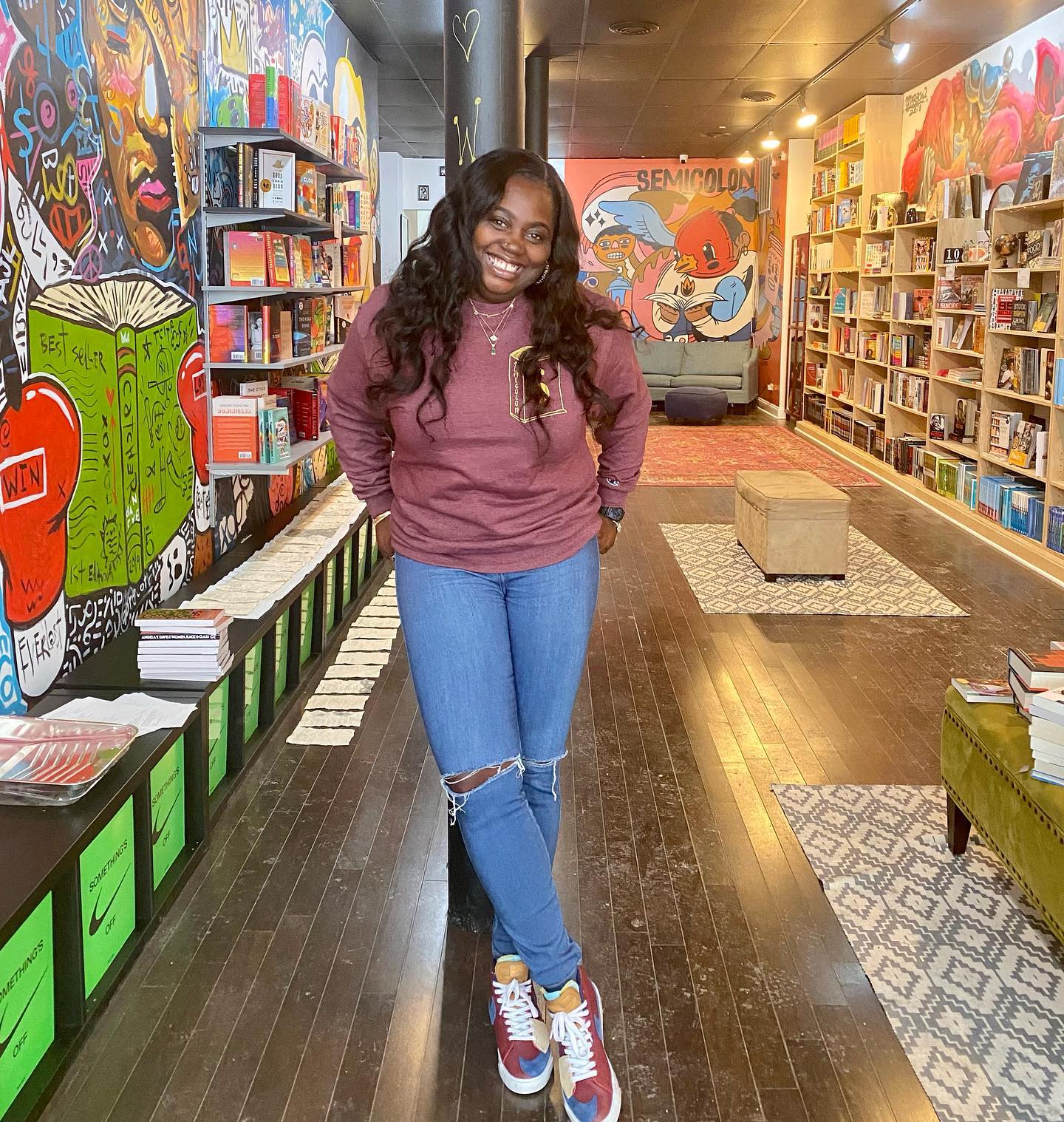

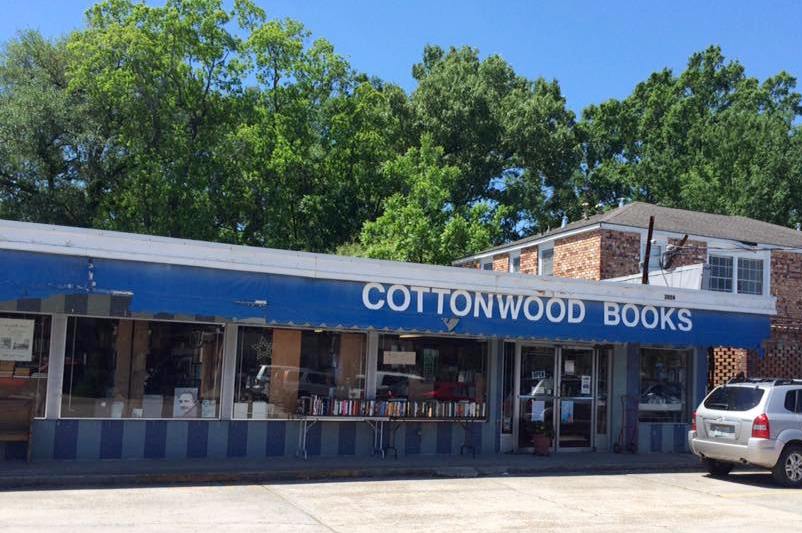 Starting this weekend,
Starting this weekend, 
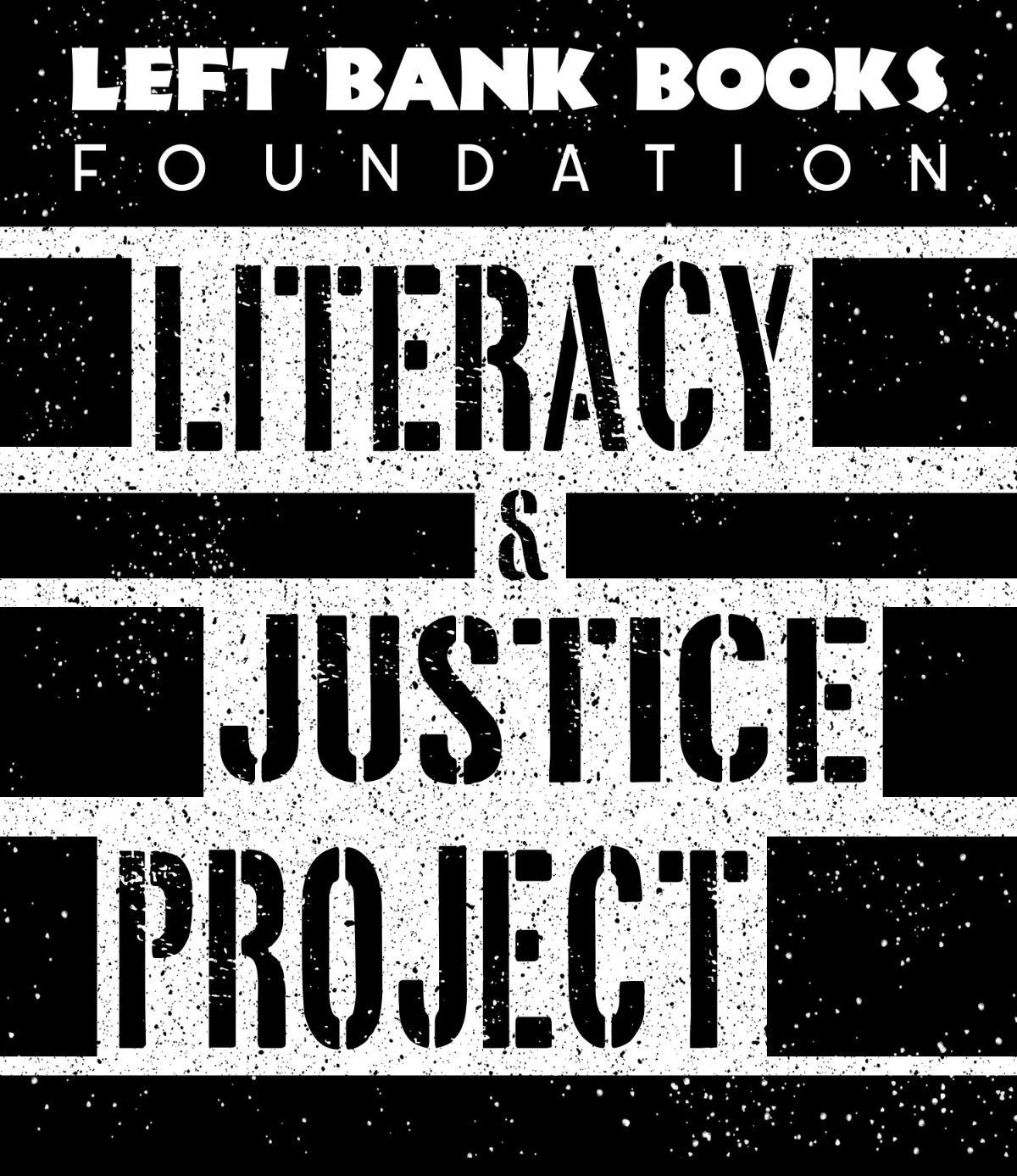 The
The IPC.0211.T4.INDIEPRESSMONTH.gif)

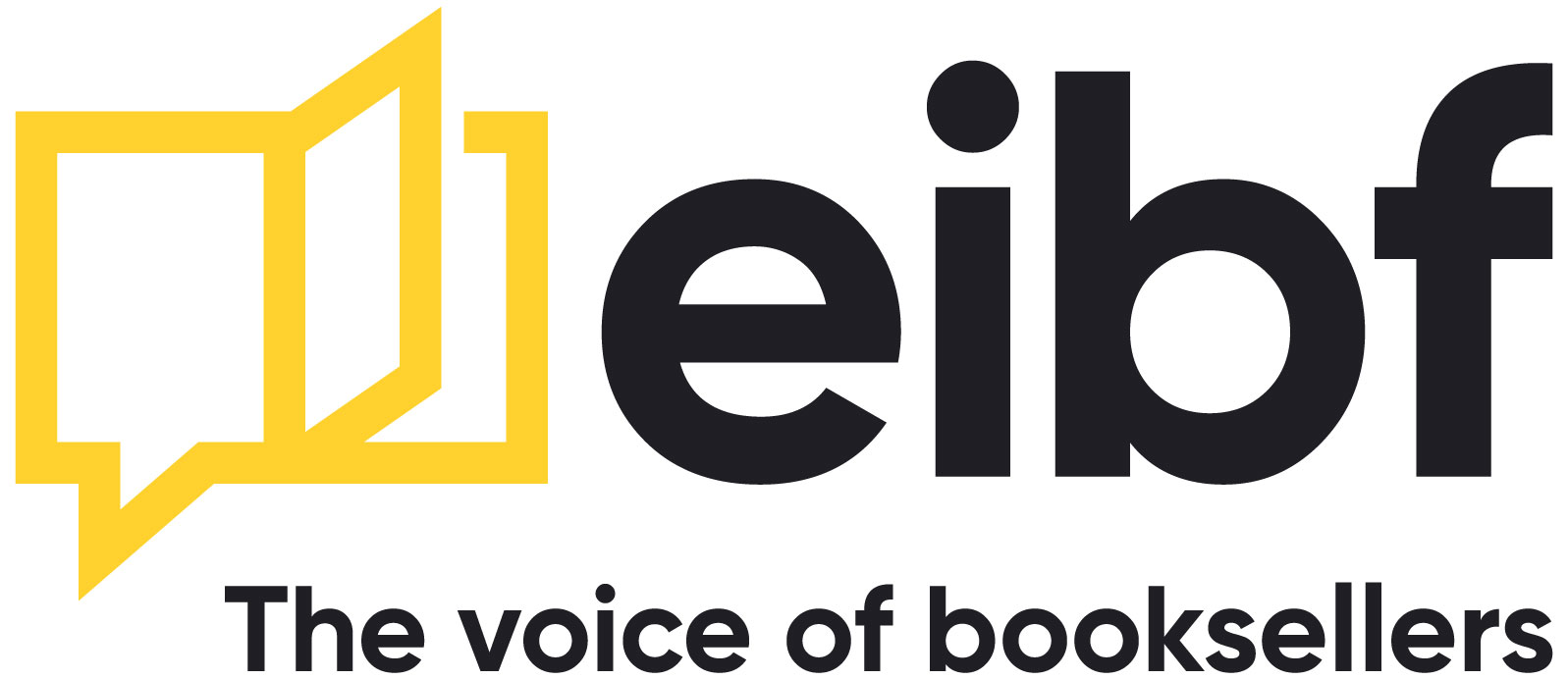


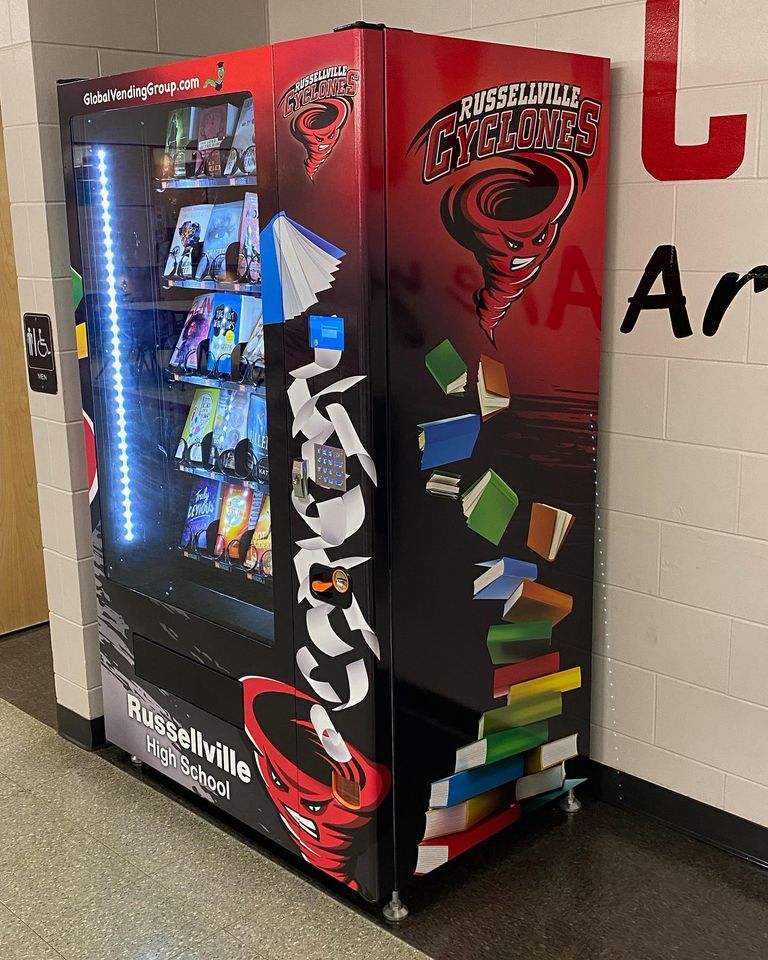 Posted on Facebook by
Posted on Facebook by 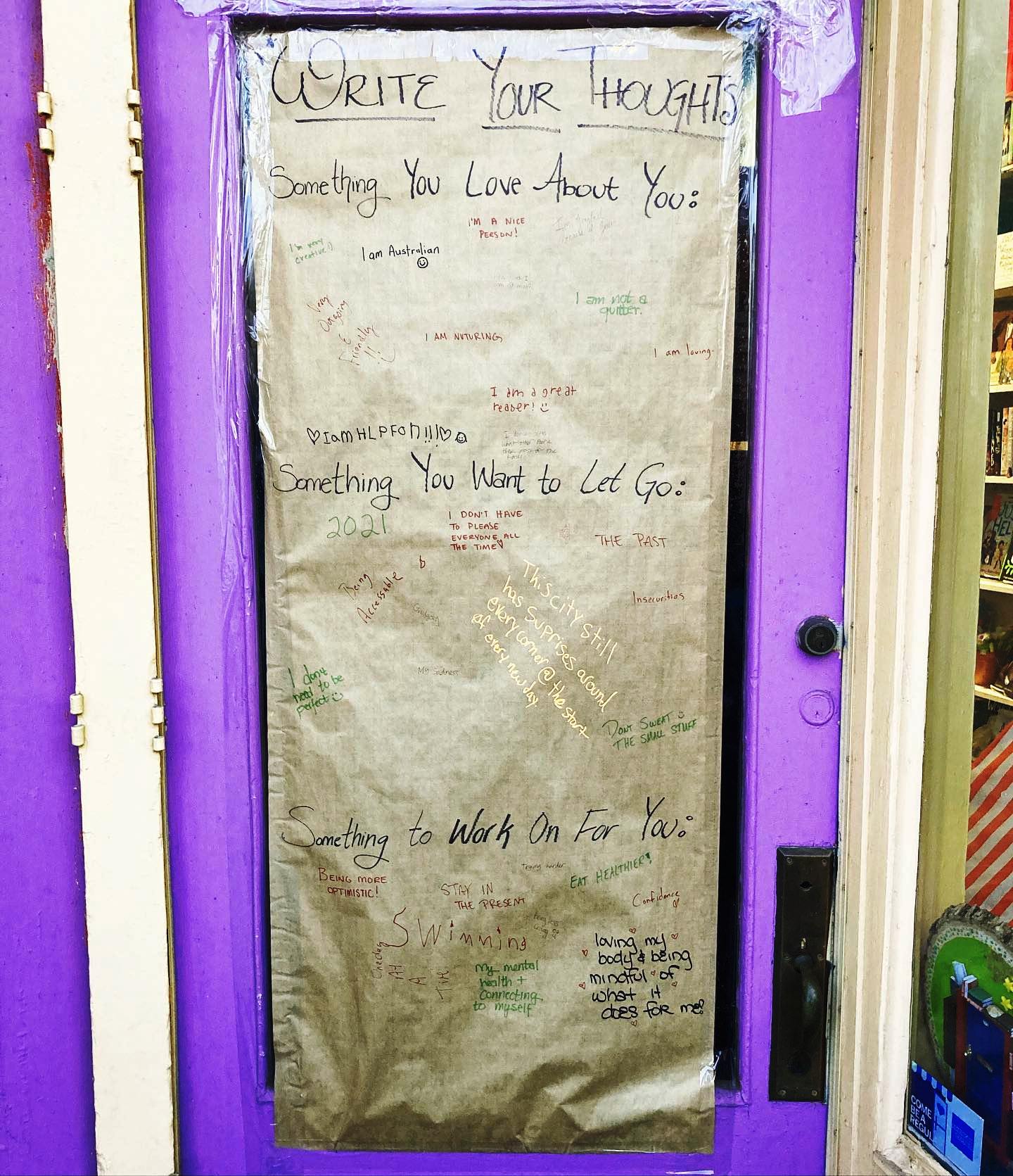 "For the month of January, we had
"For the month of January, we had 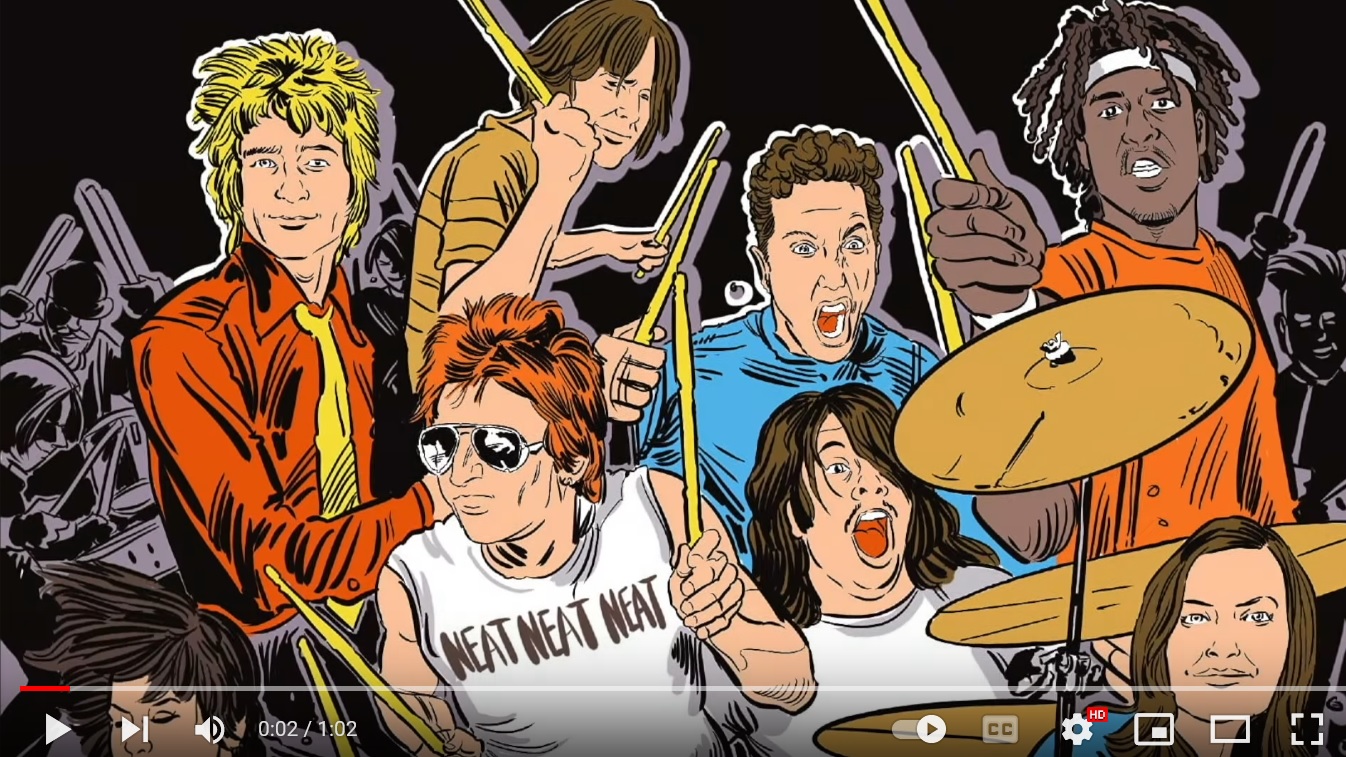 Forbidden Beat: Perspectives on Punk Drumming
Forbidden Beat: Perspectives on Punk Drumming
 Books you're an evangelist for:
Books you're an evangelist for: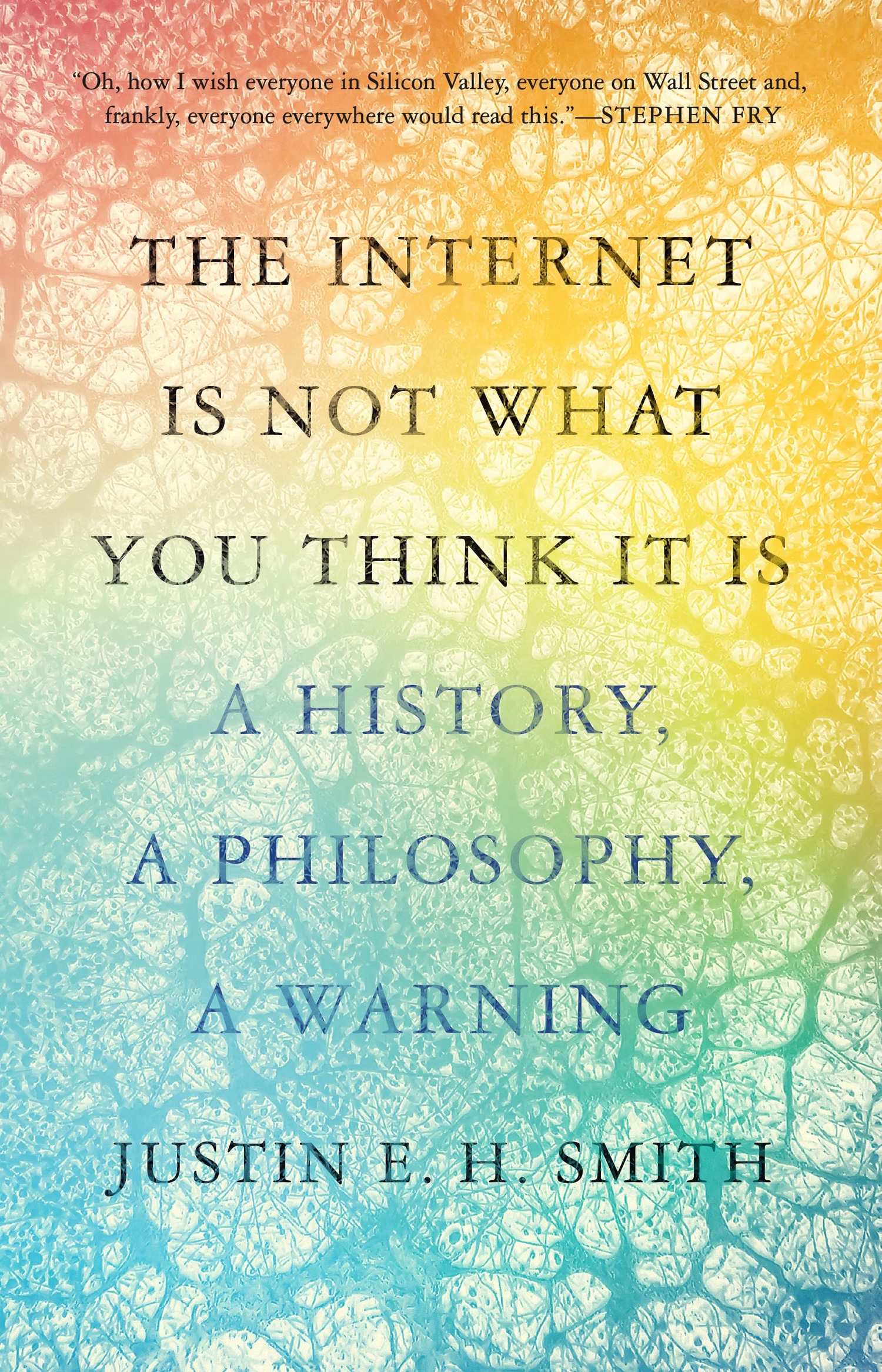 For most people, the Internet has become an indispensable element of daily life. Yet it's doubtful many of them have spent any significant amount of time pondering either the moral, economic or sociological dimensions of this ubiquitous medium or its historical roots. For more inquisitive minds, Justin E.H. Smith's erudite The Internet Is Not What You Think It Is: A History, a Philosophy, a Warning affords an opportunity to reflect deeply on what he calls the "addictive power of the internet," and to consider its implications for our individual and collective lives.
For most people, the Internet has become an indispensable element of daily life. Yet it's doubtful many of them have spent any significant amount of time pondering either the moral, economic or sociological dimensions of this ubiquitous medium or its historical roots. For more inquisitive minds, Justin E.H. Smith's erudite The Internet Is Not What You Think It Is: A History, a Philosophy, a Warning affords an opportunity to reflect deeply on what he calls the "addictive power of the internet," and to consider its implications for our individual and collective lives.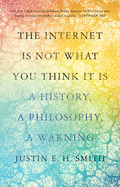
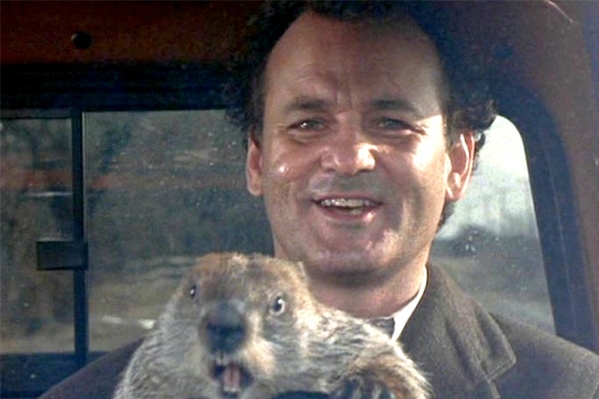 My alarm went off at 6 a.m. Wednesday morning, but Sonny & Cher's "
My alarm went off at 6 a.m. Wednesday morning, but Sonny & Cher's "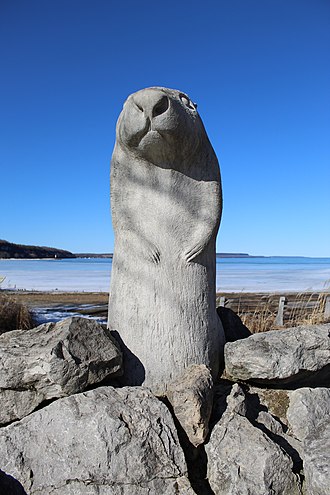

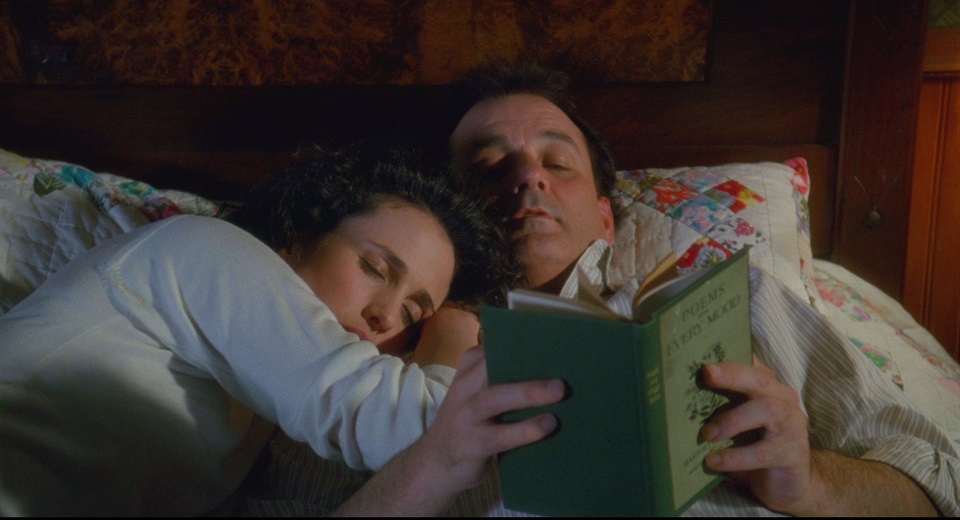 Groundhog Day has a strong bookish foundation. Phil cites Chekhov and reads from Poems for Every Mood to Rita (Andie MacDowell), who studied 19th-century French poetry in college and at one point conjures up lines from Sir Walter Scott's "Lay of the Last Minstrel." Among Phil's books on the coffee shop's counter are Treasury of the Theatre: From Agamemnon to A Month in the Country by John Gassner and Johann Strauss: Father and Son, a Century of Light Music by H.E. Jacob.
Groundhog Day has a strong bookish foundation. Phil cites Chekhov and reads from Poems for Every Mood to Rita (Andie MacDowell), who studied 19th-century French poetry in college and at one point conjures up lines from Sir Walter Scott's "Lay of the Last Minstrel." Among Phil's books on the coffee shop's counter are Treasury of the Theatre: From Agamemnon to A Month in the Country by John Gassner and Johann Strauss: Father and Son, a Century of Light Music by H.E. Jacob.